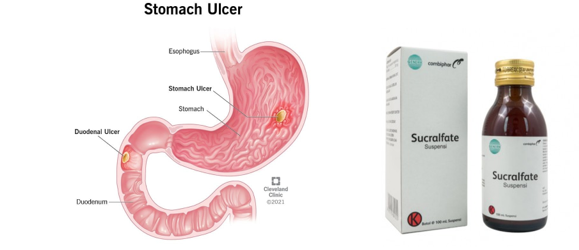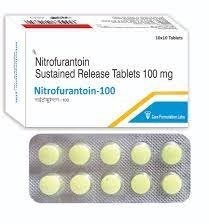A client with psychosis who is receiving an antipsychotic medication is continuously rubbing the back of the neck. Which nursing intervention is best for the nurse to implement?
Obtain an extra pillow for the client to use at night.
Provide the client with a heating pad to place around the neck.
Give PRN prescription for benztropine.
Obtain a prescription for physical therapy services.
The Correct Answer is C
Continuous rubbing of the back of the neck can be a side effect of antipsychotic medication, known as acute dystonia. Benztropine is an anticholinergic medication that can effectively treat acute dystonia. Therefore, the nurse should give a PRN prescription for benztropine to relieve the client's discomfort. Options a, b, and d do not address the underlying issue of acute dystonia and are not the best interventions for this particular situation.
Nursing Test Bank
Naxlex Comprehensive Predictor Exams
Related Questions
Correct Answer is D
Explanation
Sucralfate is a medication used to treat and prevent the return of duodenal ulcers. It is important to take sucralfate on an empty stomach, either 1 hour before meals or 2 hours after meals. This allows the medication to work effectively by sticking to damaged ulcer tissue and protecting against acid and enzymes so healing can occur.

Correct Answer is B
Explanation
Nitrofurantoin is an antibiotic commonly used to treat urinary tract infections. One of the adverse effects of nitrofurantoin is diarrhea, which may be severe and watery. Therefore, it is important for the home care nurse to inform the client that the diarrhea may be a side effect of the medication and requires further evaluation. The nurse should instruct the client to stop taking the medication and contact their healthcare provider for further assessment and treatment. The nurse should also assess the client's fluid and electrolyte status and monitor for signs of dehydration.
Option a is important to consider, but it does not address the potential adverse effect of the medication.
Option c may be appropriate in some cases, but it is not the priority intervention at this time.
Option d is not necessarily true and may cause unnecessary alarm to the client.

Whether you are a student looking to ace your exams or a practicing nurse seeking to enhance your expertise , our nursing education contents will empower you with the confidence and competence to make a difference in the lives of patients and become a respected leader in the healthcare field.
Visit Naxlex, invest in your future and unlock endless possibilities with our unparalleled nursing education contents today
Report Wrong Answer on the Current Question
Do you disagree with the answer? If yes, what is your expected answer? Explain.
Kindly be descriptive with the issue you are facing.
